
ALL YOU NEED TO KNOW ABOUT CHEMICAL PEELS
Are you looking to rejuvenate your skin and achieve that fresh, youthful glow? Look no further than chemical peels! This popular skincare treatment has been gaining traction in recent years for its amazing ability to transform and revitalize the skin. Whether you're dealing with acne scars, or sun damage, or simply want to improve your overall complexion, a chemical peel could be just what you need. In this blog post, we'll dive into everything you need to know about chemical peels - from how they work to the benefits they offer. So sit back, relax, and get ready to uncover the secrets of this skincare staple!
What is a Chemical Peel?
A chemical peel is a cosmetic procedure that involves applying a solution to the skin to exfoliate and improve its appearance. The solution used can contain various acids, such as glycolic acid, salicylic acid, or trichloroacetic acid, which work by removing the top layers of dead skin cells.
During the treatment, the solution is carefully applied to the face or other desired areas. It works by causing controlled damage to the skin's surface, prompting it to shed old cells and stimulate collagen production. This process helps reduce fine lines, wrinkles, age spots, acne scars, and uneven pigmentation.
The intensity of a chemical peel can vary depending on your specific needs and concerns. Superficial peels are mild and require little downtime but may need multiple sessions for optimal results. Medium-depth peels penetrate deeper into the skin and may cause some redness and peeling afterward. Deep peels provide more dramatic results but involve longer recovery times.
It's important to note that while chemical peels are generally safe when performed by a trained professional, there can be some risks involved. It's crucial to choose a reputable provider who will assess your skin type and customize the treatment accordingly.
Now that you have an understanding of what a chemical peel entails, let's explore some of its incredible benefits!
Benefits of Chemical Peels
Chemical peels have gained popularity in recent years as an effective way to improve the appearance of the skin. These treatments involve applying a chemical solution to the skin, which helps remove dead cells and stimulate cell turnover. But what are the actual benefits of getting a chemical peel?
One of the main advantages is that chemical peels can help reduce signs of aging. As we age, our skin starts losing its elasticity and develops fine lines and wrinkles. Chemical peels can help minimize these imperfections by promoting collagen production and smoothing out the texture of the skin.
Additionally, chemical peels can be highly effective in treating acne-prone or congested skin. The exfoliating properties of these treatments unclog pores, reduce inflammation, and prevent future breakouts. They also even out pigmentation issues caused by acne scars or sun damage.
Another benefit worth mentioning is that chemical peels can enhance overall complexion by improving skin tone and reducing hyperpigmentation. Whether you're dealing with dark spots from sun exposure or uneven patches due to hormonal changes, a series of chemical peel sessions can provide noticeable improvements.
Furthermore, regular use of chemical peels has been known to boost skincare product absorption. By removing layers of dead cells on your face, your expensive serums and creams will penetrate deeper into your skin for optimal results.
It's important to note that not all chemical peels are created equal; different types cater to various needs and concerns. From gentle superficial peels suitable for sensitive skin to more intensive deep ones targeting severe scarring or discoloration – there's something for everyone!
In conclusion, if you're looking for an effective treatment option with multiple benefits—such as rejuvenating aging skin, fighting acne breakouts, evening out complexion issues, chemical peels might be worth considering! Remember always consult with a professional before undergoing any cosmetic procedure like this one!
How to Prepare for a Chemical Peel
Preparing for a chemical peel is an important step to ensure the best possible results and minimize any potential risks. Here are some key steps to take before your appointment.
First, it's essential to schedule a consultation with a qualified dermatologist or skincare professional who can assess your skin type, concerns and determine if a chemical peel is suitable for you. They will also recommend the appropriate strength of peel based on your needs.
In the weeks leading up to your treatment, it's crucial to follow any pre-peel instructions provided by your provider. This may include avoiding certain skincare products, such as retinoids or exfoliants, that can increase sensitivity.
Additionally, it is recommended to protect your skin from excessive sun exposure and use sunscreen regularly in the weeks leading up to the peel. Sunburned or tanned skin can be more prone to complications during the procedure.
On the day of your appointment, arrive with clean skin free from makeup or lotions. Your provider may further cleanse and prep your face before applying the chemical solution.
Remember that everyone's experience with chemical peels can vary depending on their individual circumstances. It's important to communicate openly with your provider about any concerns or questions you may have throughout this process.
By following these preparation guidelines, you'll be well-equipped for a successful and satisfying chemical peel experience!
Aftercare for Chemical Peels
Once you've undergone a chemical peel, it's important to give your skin the proper care and attention it needs to heal effectively. Here are some key aftercare tips to keep in mind:
1. Moisturize: After a chemical peel, your skin may feel dry and tight. It's crucial to moisturize regularly to restore hydration and soothe any discomfort.
2. Avoid Sun Exposure: Your newly rejuvenated skin will be more susceptible to sun damage, so make sure to stay out of direct sunlight as much as possible. If you do need to go outside, always wear a broad-spectrum sunscreen with an SPF of 30 or higher.
3. Be Gentle: During the first few days after your peel, avoid using harsh cleansers or exfoliants on your face. Opt for gentle products that won't irritate or further damage your sensitive skin.
4. Don't Pick or Peel: While it may be tempting, resist the urge to pick at any flaking or peeling skin. This can lead to scarring and slow down the healing process.
5. Follow Instructions: Your dermatologist or aesthetician will provide specific instructions tailored to your unique situation and the type of peel received. It's crucial that you follow these instructions carefully for optimal results.
By following these aftercare guidelines, you can ensure that your chemical peel results in smoother, brighter skin without any complications
To learn more about our medspa services or schedule your appointment, call Iconic Skin Clinic at (714) 225-5137.
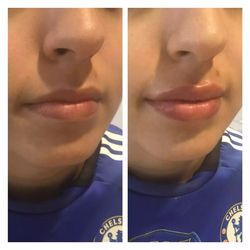 None
None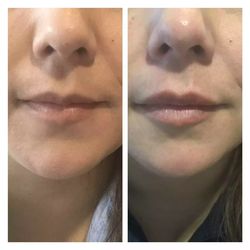 None
None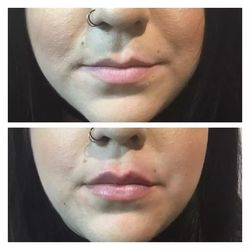 None
None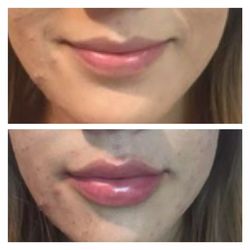 None
None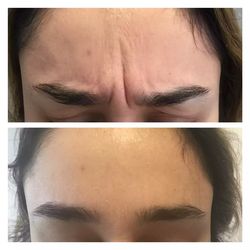 None
None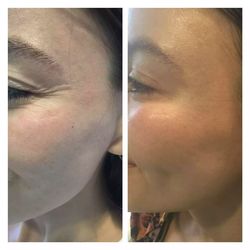 None
None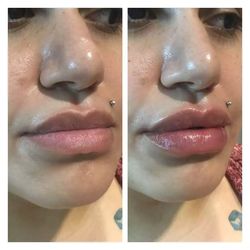 None
None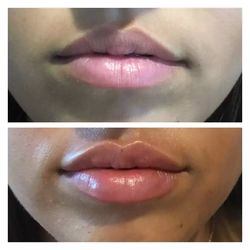 None
None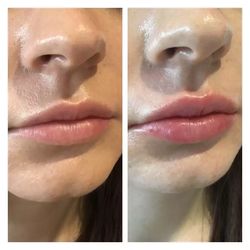 None
None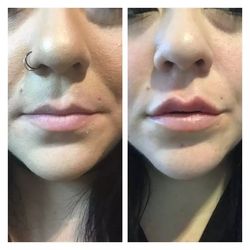 None
None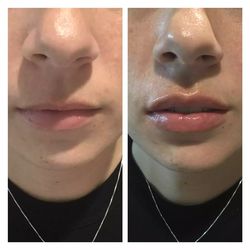 None
None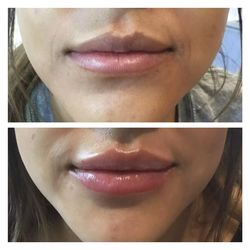 None
None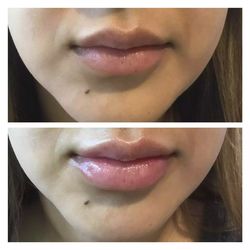 None
None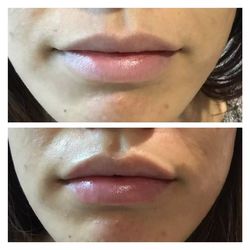 None
None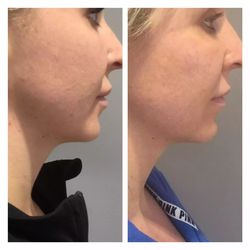 None
None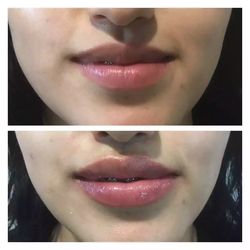 None
None
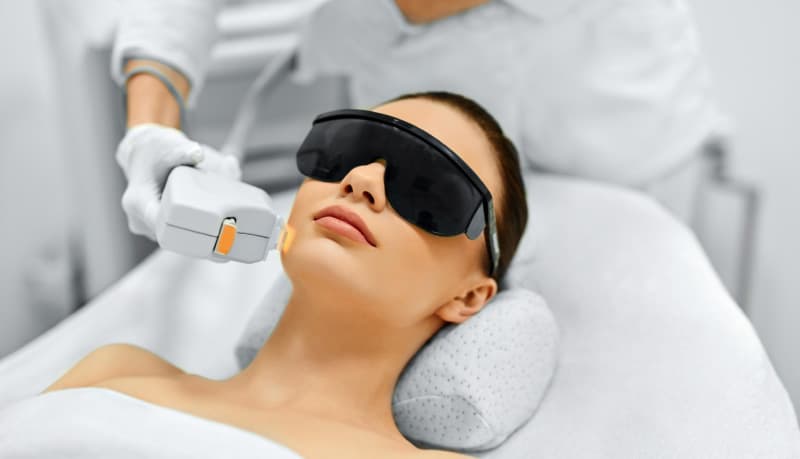









0 comments